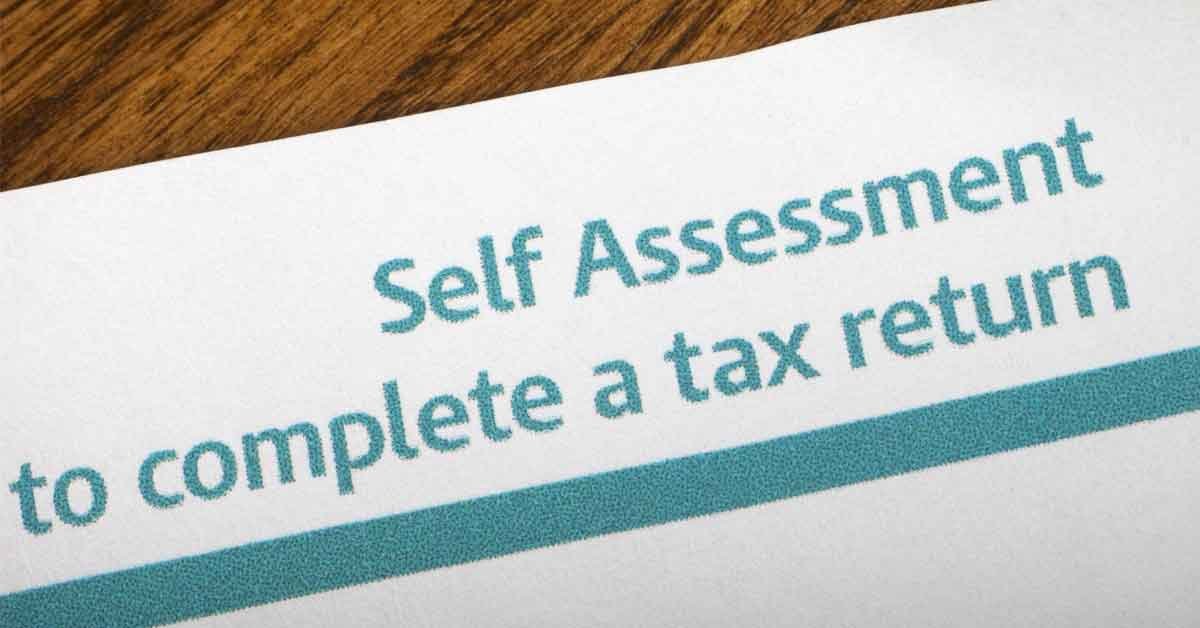Navigating the UK tax system can feel overwhelming, especially for those who are required to file a self assessment return. Unlike employees who usually have their income tax deducted automatically through PAYE, individuals such as the self-employed, landlords, and company directors often need to handle their own reporting and payments. Understanding the process of paying tax self assessment is crucial to avoid penalties and ensure compliance with HMRC rules.
The process involves more than just filling out a form. From recording income and expenses to making sure deadlines are met, every detail matters. Many individuals also have to factor in additional requirements like a VAT return if they are running a registered business. In such cases, managing a value added tax return alongside income tax filings can make the process even more complex.
Working with UK-based professionals who specialise in taxation can save time, reduce stress, and help you avoid costly mistakes. Many business owners and freelancers find it useful to consult services such as Account Ease, which is focused on supporting taxpayers in meeting their obligations correctly and on time.
Who Needs to File a Self Assessment
Not everyone in the UK needs to submit a self assessment. Typically, HMRC requires it if you:
- Are self-employed as a sole trader and earned over £1,000
- Are a partner in a business partnership
- Are a landlord earning rental income
- Have untaxed income such as tips, investments, or foreign earnings
- Earn more than £100,000 per year
If your business is VAT registered, you will also need to complete a VAT return in addition to your self assessment. This means reporting your turnover, expenses, and calculating the value added tax return owed to HMRC.
Understanding your category helps ensure you meet all filing obligations without missing anything important.
How the Process of Self Assessment Works
The process of paying tax self assessment begins with registering for self assessment with HMRC. Once registered, you’ll receive a Unique Taxpayer Reference (UTR) number that will be used for all correspondence.
The key steps include:
- Recording income and allowable expenses throughout the year
- Completing the online self assessment form by the January deadline
- Making payments on account if your tax bill exceeds £1,000
- Submitting a VAT return if applicable
Deadlines are strict, and missing them can result in fines or interest charges. Staying organised and maintaining accurate records is vital to ensuring your return is filed correctly.
Common Challenges Taxpayers Face
For many individuals, paying tax self assessment comes with challenges such as:
- Confusion around allowable expenses
- Overlooking additional income sources
- Misunderstanding VAT thresholds
- Filing late or making calculation errors
These issues often result in penalties or overpaid taxes. For VAT-registered businesses, an incorrect value added tax return can lead to further complications with HMRC.
Seeking advice from a UK-based accounting service can help you avoid these pitfalls and streamline the process. Many people find reassurance in working with firms like Account Ease that specialise in guiding clients through self assessment and VAT obligations.
Benefits of Professional Help with Self Assessment
Filing a return might seem straightforward, but when multiple income sources, business expenses, or VAT are involved, things quickly become complex. Professional assistance offers:
- Accurate and timely submissions
- Guidance on allowable deductions
- Support with VAT return filings
- Reduced risk of penalties
- Peace of mind knowing compliance is handled correctly
An experienced service ensures you meet both income tax and value added tax return obligations without unnecessary stress. Having a professional handle the technical details frees you to focus on your business or personal goals.
Final Thoughts:
Handling paying tax self assessment is a responsibility that no UK taxpayer can afford to ignore. Whether you’re a freelancer, landlord, or business owner, keeping on top of your obligations is essential. For those also managing a VAT return, the process can be even more demanding.
Partnering with reliable UK-based professionals ensures your taxes are submitted correctly and on time. Services like Account Ease are trusted by many to simplify both self assessment and value added tax return requirements, providing confidence and clarity in an often complex system.
FAQs:
1. Who is required to complete a self assessment?
Self assessment is typically required for the self-employed, landlords, company directors, and those earning untaxed or additional income.
2. What happens if I miss the self assessment deadline?
Missing the deadline usually results in a £100 fine, with additional penalties if it remains unpaid for longer periods.
3. How does VAT affect self assessment?
If your business is VAT registered, you must also submit a VAT return alongside your self assessment, reporting your sales, expenses, and tax owed.
4. Can I get help with paying tax self assessment?
Yes, many UK-based services, including Account Ease, specialise in supporting taxpayers with self assessment and value added tax return obligations.
Click here and read more blogs


